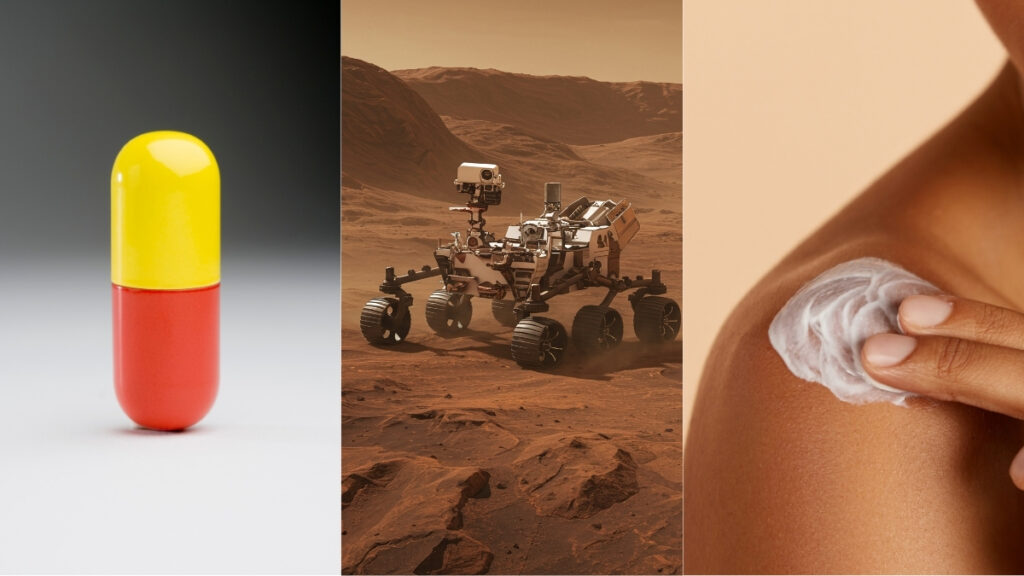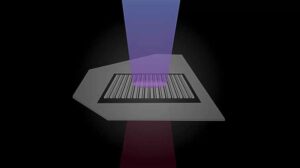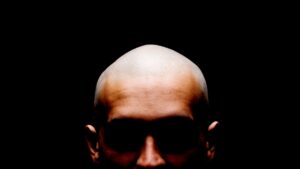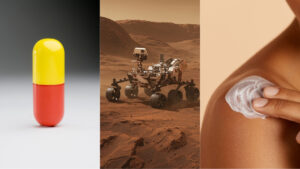
This week has seen significant advancements in scientific research and exploration, with promising developments in diabetes treatment and intriguing discoveries on Mars. A new oral medication has emerged as a potential alternative to Ozempic for weight loss, while a breakthrough insulin delivery system using a skin cream could change the lives of diabetics.
Oral Medication Offers Hope for Diabetics
A clinical trial has revealed that a new drug named orforglipron may serve as a viable oral alternative to Ozempic, a medication traditionally administered through injections. The trial results indicate that participants receiving the highest dose of 36 milligrams lost an average of 9.6 percent of their body weight, roughly 9.6 kilograms. In contrast, those on a 12-milligram dose experienced a 7 percent weight loss, while the 6-milligram group lost 5.1 percent. The placebo group, by comparison, lost only 2.5 percent of their body weight.
Breakthrough in Insulin Delivery
In an exciting development, researchers have made progress towards a new method of delivering insulin via a cream applied to the skin. Tests conducted on mice demonstrated that this innovative treatment normalized blood glucose levels within an hour, matching the efficacy of traditional insulin injections. Furthermore, blood glucose levels remained stable for up to 12 hours, suggesting a potential shift away from the need for regular injections for diabetic patients.
Insights into Lupus and Alzheimer’s
In other significant findings, a study has linked the autoimmune disease lupus to the Epstein-Barr virus, one of the most common viral infections worldwide. Researchers noted that lupus patients exhibited a deeper infection, with the proportion of B cells infected with the virus being approximately one in 400, which is 25 times higher than in healthy individuals.
Additionally, scientists have uncovered mechanisms behind memory loss in Alzheimer’s patients. Research led by Lata Chaunsali suggests that preserving specific brain structures early in life may enhance memory retention in individuals affected by the disease.
Mars Exploration Yields Surprising Results
NASA’s Perseverance rover has made a remarkable discovery on Mars, identifying a rock named Phippsaksla that appears to be a meteorite. Measuring around 80 centimeters wide, this rock’s composition, rich in iron and nickel, indicates that it may not have originated from Mars itself.
Challenges in Space for Chinese Astronauts
In a separate space-related development, three Chinese astronauts currently aboard the Tiangong space station are facing challenges due to their spacecraft being damaged by space debris. The collision occurred in early November, cracking the vehicle’s viewing port, and officials from the China Manned Space Agency (CMSA) are preparing for a retrieval launch scheduled for next week.
These advancements in science not only enhance our understanding of health and space but also pave the way for innovative treatments that could significantly improve the quality of life for many individuals.






